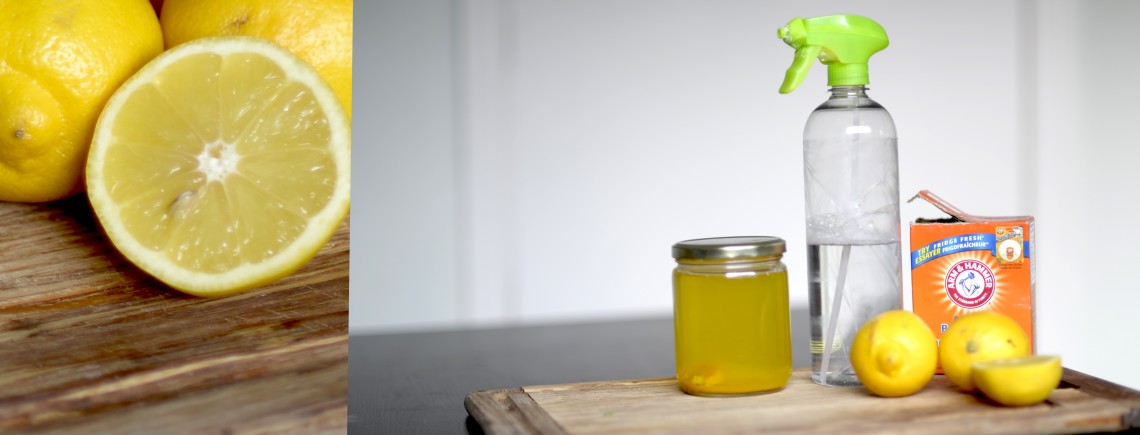The Dangers of Household Toxins
While a graduate student in Social and Political Thought at York University, Maggie MacDonald studied the epistemology of ignorance – how barriers to scientific research are erected accidentally and purposefully.
Maggie now works for Environmental Defence, working to educate the public and political leaders alike on the importance of ridding products of carcinogens and endocrine-disrupting chemicals, once and for all.
AHAA Living’s Nicole Pointon caught up with Maggie in Vancouver at a recent public education session about chemicals in the home, co-hosted by Environmental Defence and Rocky Mountain Soap Company.
“Environmental Defence is focused on testing and studies which we share with all levels of government and use to educate the public about everyday toxins in their environment,” said Maggie.
Maggie explained the terms “body burden” and “bioaccumulation,” and spoke at length about endocrine (hormone) disruptors and the presence and effects of neurotoxins in the home.
“If you’re eating on a couch that has flame retardants in it, for example, you may be eating some of those chemicals if they are present in dust on the couch,” said Maggie. “Researchers are also concerned about the toxic chemicals being burned off of flame retardant furniture during fires and their impacts on fire fighters. The Chicago Tribune recently did a great series on whether the flame retardants are even all that effective.”
Maggie then took the packed room through some of the toxins to be mindful of in and outside the home, where they commonly lurk and how to avoid them.
Some key points of Maggie’s presentation are available in a handy pocket shopping guide, which you can download for free here.
Environmental Defence produces a range of helpful guides – from Back-to-School shopping guides to tips on choosing insect repellents. Maggie and other experts also regularly share their knowledge on the Environmental Defence blog.
If you are interested in having Environmental Defence do a workshop in your area, please visit their website and get in touch! You can also sign-up for their Toxics Update e-newsletter to get up-to-date info on toxic chemicals and your health.
Stay connected with the AHAALiving.com community on our Facebook and Twitter pages.



